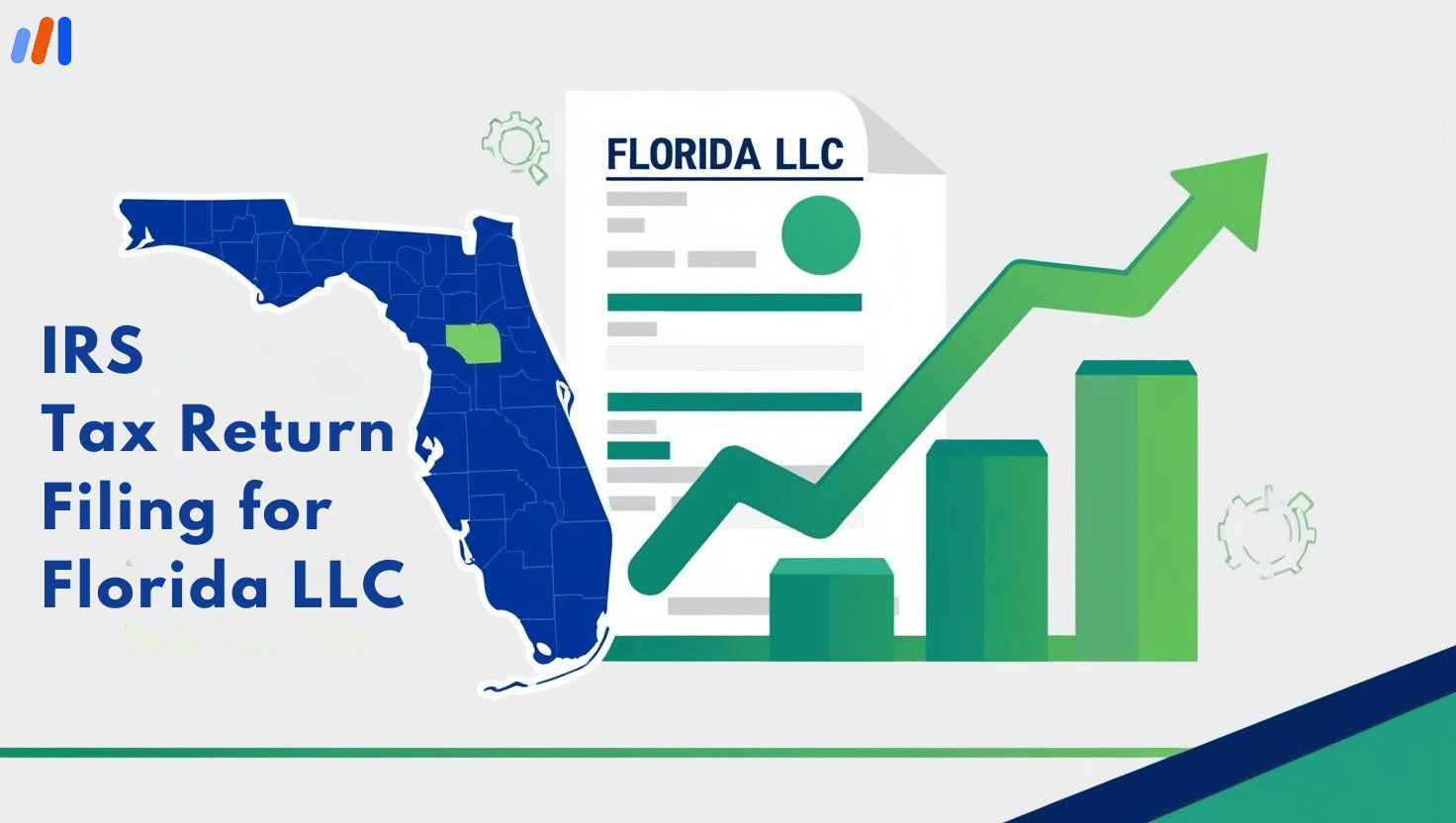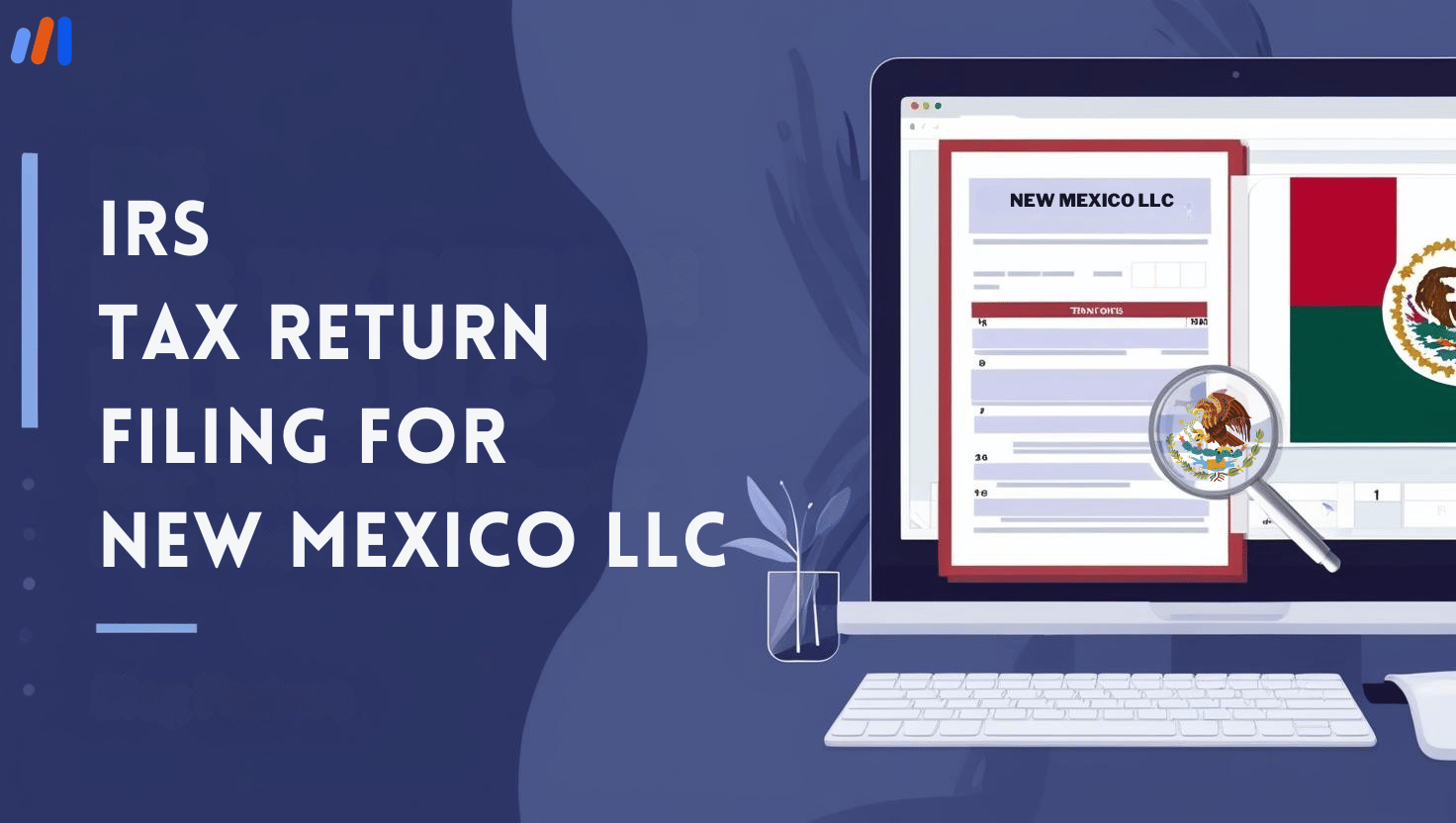In the ever-changing landscape of banking policies, it’s crucial to stay informed to ensure the smooth functioning of your accounts. Recently, many clients have received letters from banks like Mercury regarding compliance requirements related to physical addresses. It’s essential to understand and comply with these regulations to avoid any disruptions to your banking services.
Mercury, for example, emphasized the need for a physical address that reflects your actual place of work or residence, rather than a PO Box or registered agent address. Failure to update your address with the required documentation by the specified deadline could result in temporary restrictions on your account access.
For international clients or those with foreign addresses, the rules can be more stringent. Banks like Relay may not accept accounts with registered agent addresses or foreign residential addresses. This poses a challenge for individuals working or living outside the country.
To navigate these address requirements effectively, consider the following options ranked from best to worst:
- US residential address or US physical business address
- US residential address with a virtual business address
- Foreign residential address with a physical business address
- Foreign residential address or virtual address
It’s crucial to provide proof of your address using acceptable documentation such as a bank statement or utility bill. Personal bank statements from your home country are often recommended as a primary form of proof. Utility bills like water or power bills, phone bills, or even subscription bills like Netflix or Disney Plus can also be used as supporting documents.
When opening a bank account, ensure that you reply promptly to any notices from your bank, especially if they require updates to your address details. Avoid using registered agent addresses and consider alternative options like virtual mailboxes or different physical addresses to meet the bank’s requirements.
In summary, navigating the intricacies of banking policies, especially regarding address requirements, is crucial for a smooth and hassle-free banking experience. Staying updated with the latest requirements and providing accurate, acceptable documentation can significantly ease the process of opening and maintaining bank accounts.
Whether you’re a domestic or international client, understanding and complying with these regulations will help you avoid potential disruptions to your banking services.
At EasyFiling, we’re committed to helping you understand these guidelines and ensure that your banking needs are met with minimal hassle. Remember, the key to successful banking lies in informed compliance and proactive communication with your bank.
FAQs
What happens if I don’t update my address with the required documentation by the deadline?
Failure to update your address by the specified deadline could result in temporary restrictions on your account access, including limitations on transactions and services.
Can I use a PO Box or registered agent address for my banking details?
No, banks like Mercury require a physical address that reflects your actual place of work or residence. PO Boxes or registered agent addresses are not acceptable for compliance purposes.
What documents are considered acceptable proof of address?
Acceptable documentation includes bank statements or utility bills in your name. Personal bank statements from your home country, water or power bills, phone bills, and even subscription bills like Netflix or Disney Plus can serve as proof.
What options do I have if I’m an international client or living outside the US?
For international clients, the best to worst options for address requirements are: a US residential or physical business address, a US residential with a virtual business address, a foreign residential with a physical business address, and lastly, a foreign residential or virtual address.
How can I ensure a hassle-free banking experience with these new address requirements?
Stay informed about the latest requirements, provide accurate documentation for proof of address, and respond promptly to any notices from your bank regarding updates to your address details. Consider using alternative options like virtual mailboxes or different physical addresses to meet the bank’s requirements.










